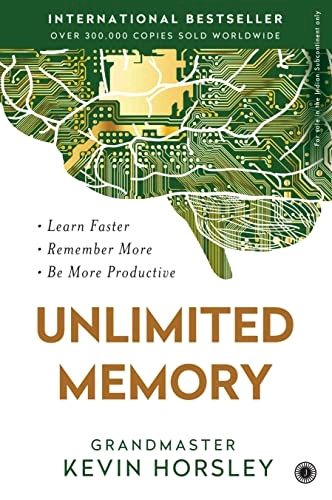Using analogies and examples clarifies complex concepts from "summary" of Make It Stick by Peter C. Brown,Henry L. Roediger III,Mark A. McDaniel
Analogies and examples are powerful tools for making complex concepts more understandable. By comparing something unfamiliar to something familiar, analogies help us grasp the essence of a new idea. For example, when learning about the structure of an atom, we might compare it to a solar system, with the nucleus as the sun and electrons orbiting like planets. This comparison helps us visualize and comprehend a concept that is otherwise abstract and difficult to grasp. Similarly, examples provide concrete instances of abstract ideas, making them more relatable and easier to remember. For instance, when studying the concept of supply and demand in economics, we might use the example of how the price of a limited edition sneaker increases when demand exceeds supply. This real-world example helps us see the theory in action and understand its implications in a practical context. Analogies and examples not only aid in understanding complex concepts but also enhance retention and recall. When we connect new information to something we already know, we create a stronger memory trace that is easier to retrieve later on. This is known as the process of elaboration, where we elaborate on new information by relating it to existing knowledge. By doing so, we make the new information more meaningful and relevant, increasing the likelihood of remembering it in the long term. Furthermore, analogies and examples promote active learning by engaging our cognitive processes. Instead of passively receiving information, we actively work to make connections and draw parallels between different concepts. This cognitive effort deepens our understanding and promotes critical thinking skills. As a result, we are better equipped to apply our knowledge in different contexts and solve problems creatively.- Analogies and examples serve as essential tools for clarifying complex concepts. By simplifying abstract ideas, making them relatable, and promoting active engagement, analogies and examples help us not only understand but also retain and apply new information effectively. Embracing these tools in our learning process can lead to deeper comprehension, improved memory, and enhanced problem-solving skills.
Similar Posts

Honing your communication skills takes practice and patience
Improving your communication skills requires dedication and time. It is not something that happens overnight; rather, it is a g...
Varying study routines enhances memory
The idea that switching up study routines can actually help us remember more might seem counterintuitive at first. After all, m...
Listen carefully to your opponent's points
When engaged in a debate or argument, it is crucial to pay close attention to what your opponent is saying. Listening carefully...
Avoid jargon and use simple language
When communicating with others, it is crucial to use language that is clear and easy to understand. This means avoiding jargon,...

Know your audience and tailor your story to them
Understanding your audience is paramount to successfully connecting with them through storytelling. When you know who you are t...
Natural instincts guide human behavior
Our actions are governed by natural instincts that guide our behavior without the need for conscious deliberation or reasoning....

Seek feedback for selfassessment
It is essential to seek feedback for self-assessment. Feedback from others can provide valuable insights into our strengths and...

Multitasking hinders memory performance
When we attempt to do multiple tasks at once, our memory performance suffers. Our brains are not designed to focus on numerous ...
Make messages relevant to the audience's needs and interests
To make our messages stick, we must ensure that they are relevant to the needs and interests of our audience. This means that w...

